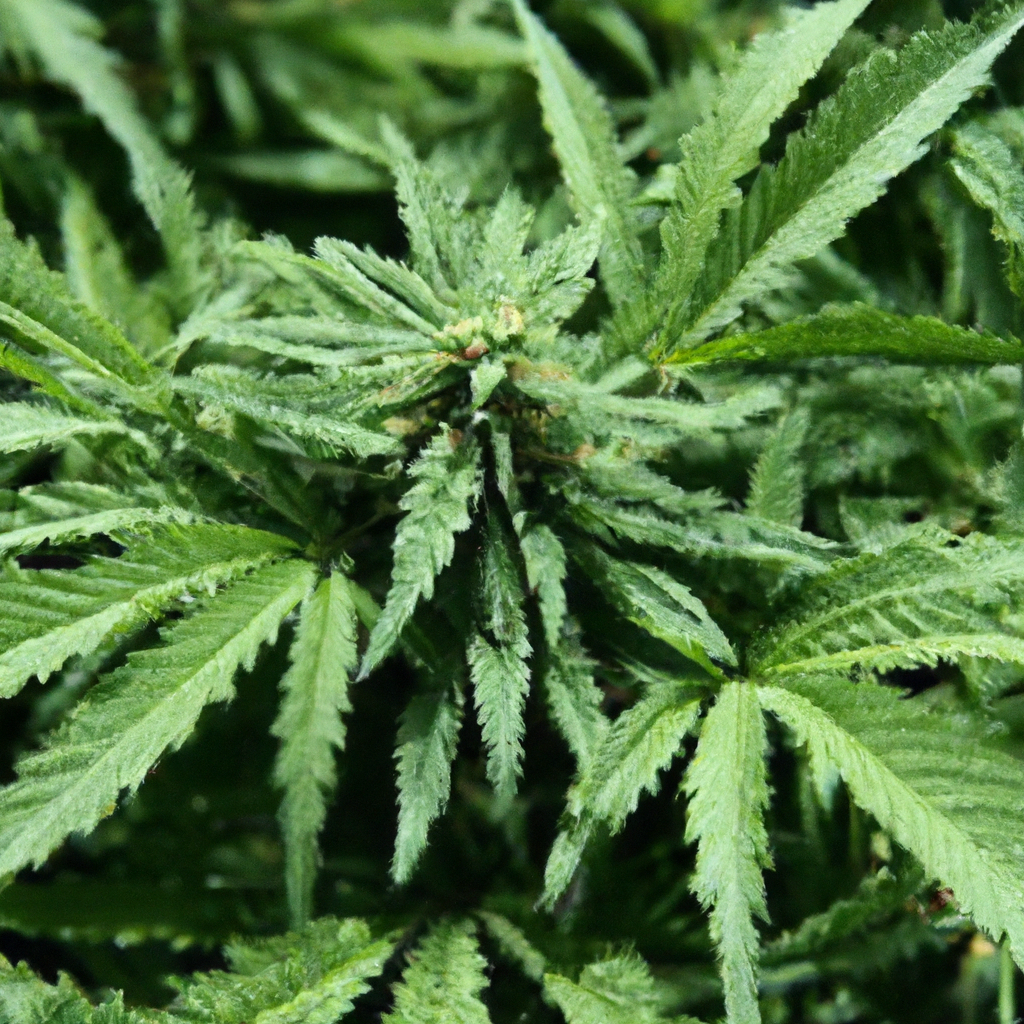Your cart is currently empty!
As the world becomes more conscious of eco-friendly practices, the cannabis industry is following suit by embracing organic cultivation methods. Organic cannabis cultivation not only promises a better product but also contributes positively to environmental sustainability. This article will delve into the best practices for cultivating cannabis organically, focusing on natural fertilizers, composting, and natural pest management.
Building Healthy Soil Ecosystems
The foundation of any organic cannabis cultivation starts with healthy soil. A thriving soil ecosystem is central to plant health and contributes to robust growth and yield.
- Composting: Incorporate rich organic matter through composting. Compost added to your soil can enhance its structure and boost nutrient profiles.
- Soil Amendments: Use natural amendments like worm castings, bone meal, and rock phosphate to improve soil fertility.
- Cover Crops: Plant cover crops such as clover or peas during off-seasons to promote nitrogen fixation and organic matter addition.
Natural Fertilizers for Thriving Growth
In organic cannabis cultivation, fertilizers derive from natural sources to ensure chemical-free growth. Some popular options include:
- Fish Emulsions: Rich in nitrogen, fish emulsions are excellent for promoting vegetative growth in cannabis plants.
- Chicken Manure: This high-nutrient fertilizer is beneficial for boosting soil nitrogen levels.
- Bone Meal: Excellent for enhancing phosphorus content essential for flower development.
Eco-Friendly Pest Control
Managing pests organically requires a strategic approach using natural solutions that don’t harm the environment:
- Companion Planting: Grow pest-repellent plants like marigolds or basil alongside cannabis to naturally deter harmful insects.
- Beneficial Insects: Introduce beneficial insects such as ladybugs and predatory mites that control pest populations naturally.
- Neem Oil: A safe, natural insecticide that can effectively manage common cannabis pests when applied correctly.
Sustainability in Organic Cannabis Farming
Sustainability is at the heart of organic cannabis cultivation, aiming to reduce environmental impact:
- Water Management: Use precision watering techniques such as drip irrigation to minimize water usage.
- Energy Efficiency: Opt for renewable energy sources like solar panels to power greenhouse operations.
- Waste Reduction: Implement recycling programs and reduce packaging to minimize waste output.
Conclusion
Organic cannabis cultivation practices marry the benefits of sustainable agriculture with the production of safe, chemical-free cannabis. From enriching soil health to employing eco-friendly pest control measures, these methods create a harmonious ecosystem conducive to growing superior quality cannabis. By embracing these practices, growers contribute to environmental conservation while offering a holistic product for conscious consumers.
Tags: CannabisCultivation, SustainablePractices, OrganicGrowing
Discover more from Magic Clones
Subscribe to get the latest posts sent to your email.


Leave a Reply